The primary nutritional goal during growth is to assure their full genetic potential — whereas healthy organs, strong muscles, tendons, and bones are achieved upon reaching adulthood. Your
pet often needs extra nutrients, but not extra food. The most common problem is over-feeding
growing pets. Rapid growth in both young dogs and cats can lead to lameness, joint disease, or the early onset of hip dysplasia. Adult pets should be maintained in as good a physical condition as possible. Slight underfeeding is recommended — a recent study with dogs demonstrated that over-feeding from weaning to old age considerably impairs health and longevity.
Adult pets need exercise and fresh water, and their nutritional levels must be adjusted during periods of stress such as training, performance, work, breeding, injury, and disease. During reproduction, energy and protein needs become quite unbalanced as protein requirements late in the gestation period and throughout lactation skyrocket. It is impossible to meet the needs of reproduction and lactation with any commercially manufactured pet food, so they must have a specialized diet during this time and the addition of nutritional supplements optimized for reproduction and lactation.
Senior status is not really a matter of age but physiological change. The goals of senior pet nutrition should include maintaining a youthful appearance with clear eyes, healthy skin and coats, maintaining active locomotor skills, muscle, ligament, and tendon strength, maintaining normal cognitive function and neurotransmission, maintaining normal digestive health, delaying normal age-related diseases, and allowing our animals to live longer and free of disease. As with all seniors, as they age, physical activity and metabolism decreases, so they need 20% less maintenance energy than young adult animals. As they age, digestion and utilization of nutrients becomes compromised, so the senior pet needs to be fed less while increasing important nutrients that they are no longer absorbing as efficiently as when they were young. Unfortunately, few of today’s commercially available pet foods are capable of maintaining optimum nutrition in our senior and geriatric pets without nutritional supplementation.
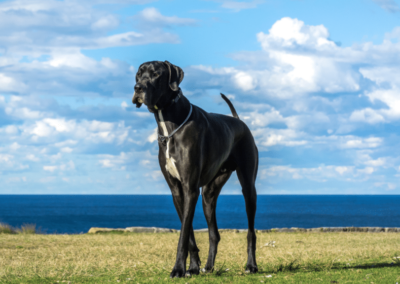
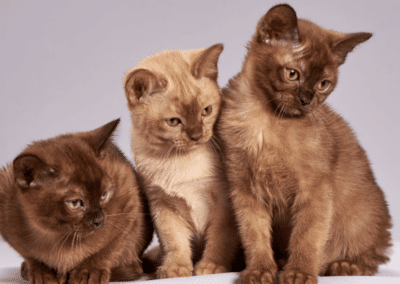
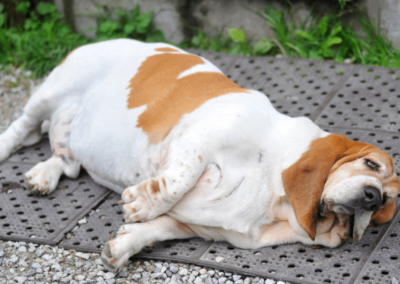
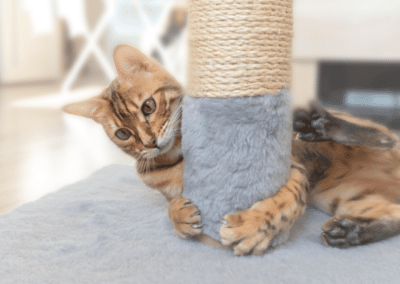
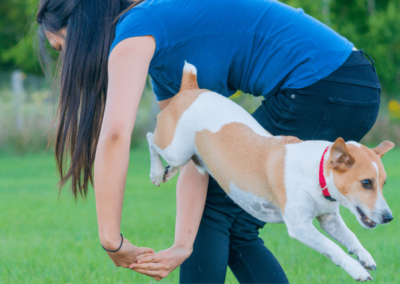
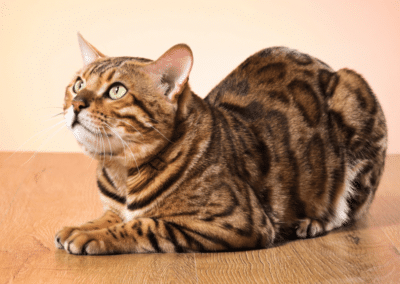
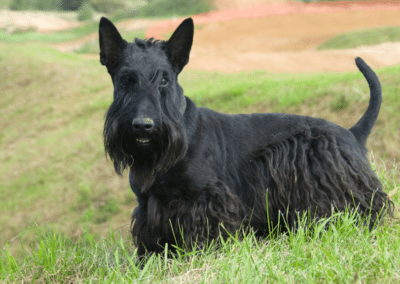
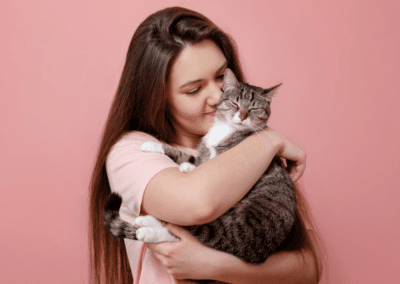
0 Comments